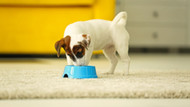The food you feed your dog is the single most important thing you can do for their health.
Mammals need a wide range of nutrients to maintain healthy bodily function.
Daily nutritional requirements must be met to ensure your dog lives a long and healthy life.
Dogs are omnivores and require 37 essential nutrients – there are 6 nutrient classes that a dog must have to function properly.
Making Sure Your Dog Gets the Right Nutrition
To ensure all daily nutritional requirements are met, your dog must be fed a highly palatable and balanced diet.
Each animal has specific daily energy requirements which must be met by daily food intake.
If the intake of energy providing food is at a maintenance level, the animal will maintain a constant weight.
Likewise, if the energy intake is lower, the animal will lose weight. If it’s higher, the animal will gain weight.
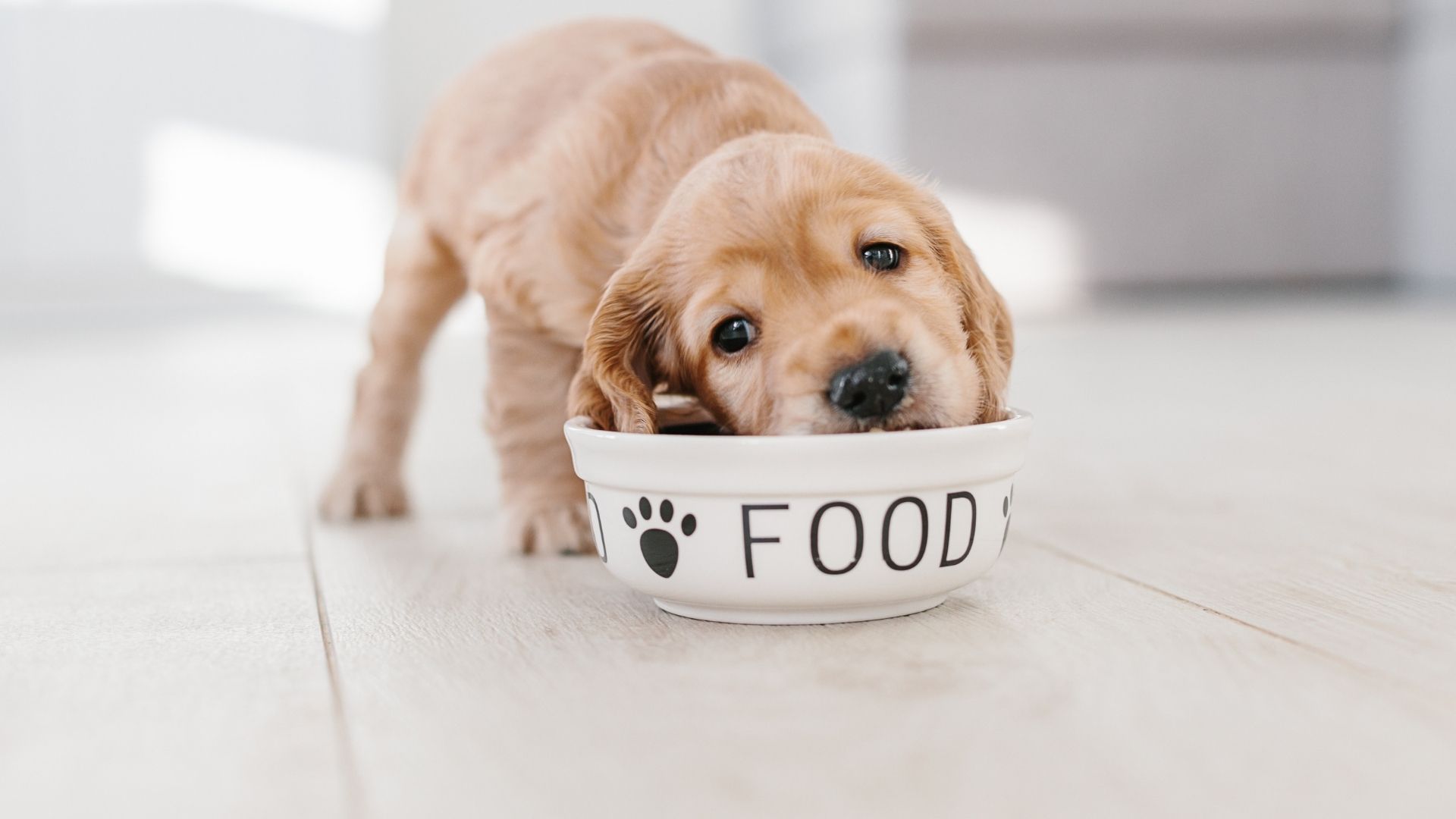
The energy requirements for each animal differ at different life stages and under different conditions so LIFE STAGE DIETS were introduced.
These are now recommended as the best form of nutrition for your pet.
Energy requirements differ for each animal and are influenced by many factors including
Age, Breed, Daily Activity / Exercise / Work, Hormonal Influences / Neutering, Growth, Pregnancy, Lactation, or Environmental Conditions / Stress.
“The food you feed to your dog is the single most important thing you can do for its health” -Petworld
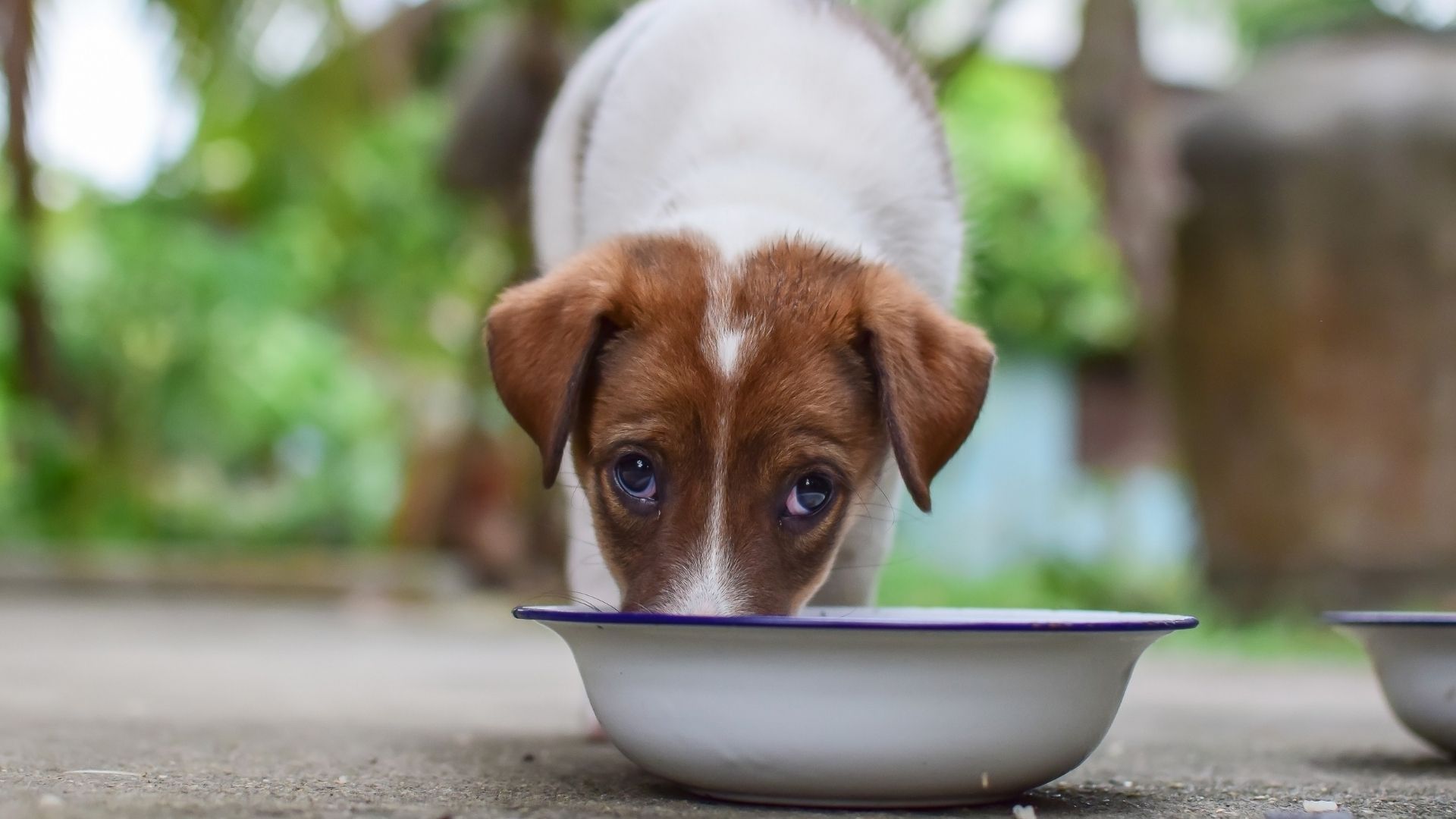
Life Stage Nutritions Diets
Puppy stage
Requires higher amounts of energy provided in higher amounts of proteins and essential fats to promote fast growth and development.
This changes once the puppy enters the Junior stage (smaller breeds at 6 months of age and large breeds at around 18 months of age).
Diets for LARGE PUPPIES were developed to accommodate a different Calcium: Phosphorus ratio that differs from that of small breeds.
This is because large breeds develop slower than small breeds and smaller amounts of Calcium: Phosphorus ratio in diets ensures a slower development (needed in large and giant breeds to prevent problems with hips in the future).
Adult stage
This stage accommodates diets for normal healthy adults (maintenance diet) and those with hormonal imbalance (neutered animals) in the form of Light Diets.
Light diets have significantly lower amounts of fats than regular maintenance diets, which helps with weight control of overweight pets or those prone to gain weight because of a slower metabolism as a result of neutering.
Senior stage
The diets in this stage are often low fat and lower protein diets that promote joint and hip mobility health.
This is through the increased amount of Omega essential acids, Glucosamine, and Chondroitin or green-lipped mussel.
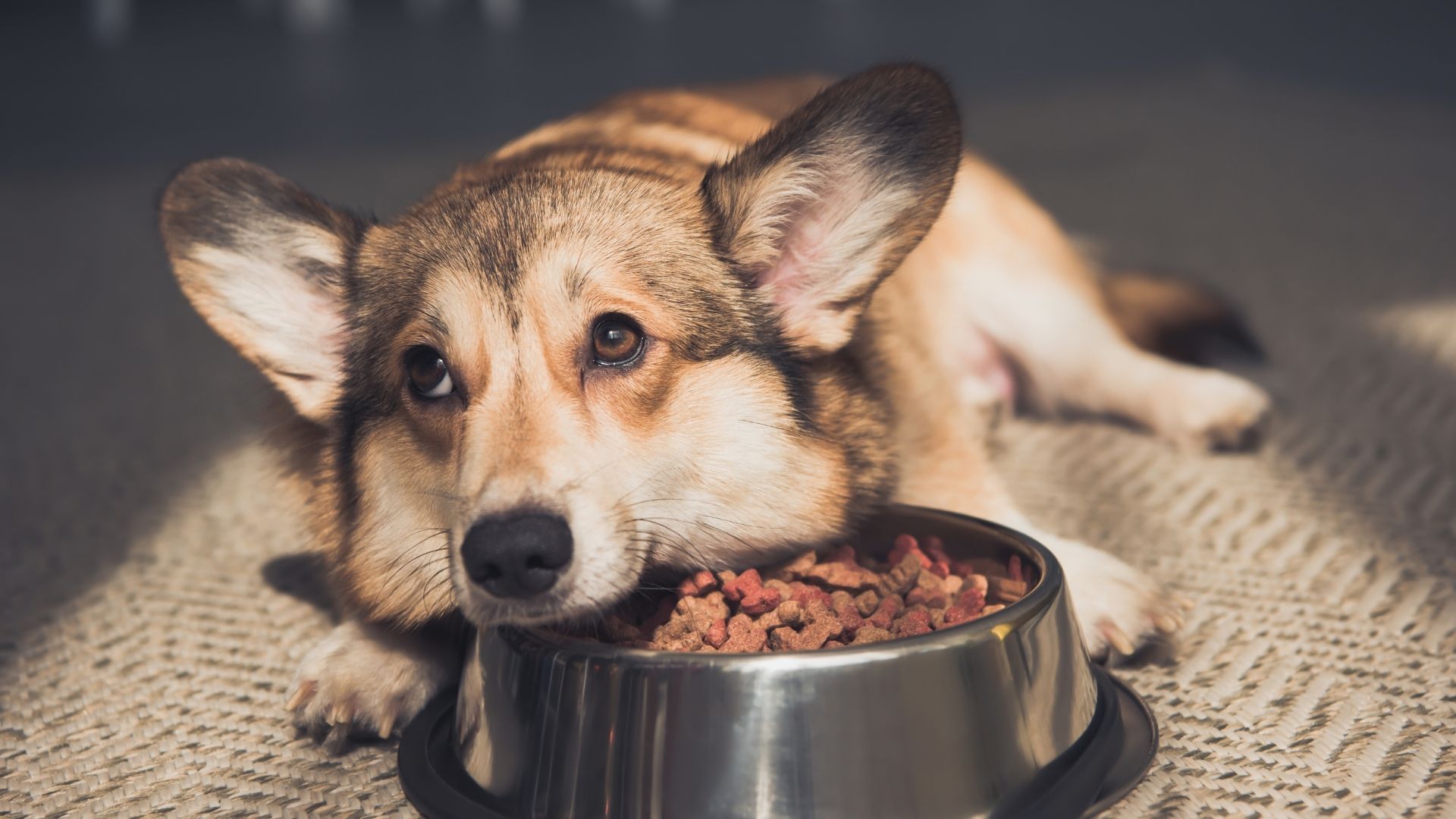
Prescription diets
These are specialized diets that are for dogs with special health requirements such as Dental Diets, Weight Loss management Diets, Hypoallergenic Diets, Sensitive Stomachs, and Sensitive Skin Diets.
Breeding bitch stage
Including pregnancy and lactation – for the first and second semester, feed your bitch a normal adult maintenance diet.
In the whelping stage feed premium puppy stage diet or specialized mother and puppy diet.
This is important as the nutritional requirements of a bitch are increased in the last trimester of her pregnancy and especially during lactation.
Failure to provide these requirements may lead to Eclampsia – a life-threatening condition that must be brought to the attention of a vet ASAP.
Other specialized diets
Specially developed e.g. Indoor / Outdoor Formula, Giant Breeds Diets, Increased Palatability Diets, etc.
Shop Popular Nice N Natural Pure
Feeding Tips For Your Dog
1. Clean, fresh water should always be available to all pets.
2. Opened cans and pouches of pet foods should be stored in the fridge and used within two days.
3. Dry pet food is available in re-sealable packets or can be stored in an air-tight container up until the best before date.
4. Always be responsible when feeding treats – reduce the size of the meal accordingly and do not feed too much so that the nutritional balance of the diet is disrupted.
5. Always keep food and water bowls clean, wash and rinse them well, separately from human food dishes. Plastic bowls may have to be replaced periodically.
6. Feed an amount to maintain good body condition – visit any of our Petworld stores to check your pet’s size and shape.
7. Do not feed any scraps from your table.
8. Weaned puppies should be fed three times a day until 6 months of age; twice a day until one year of age and only once thereafter. In the case of large breeds, you can feed your junior dog twice daily until they’re about 18 months old. The adult and senior maintenance diets are based on once-daily feeding, but this can be broken into two feeds, especially in deep-chested breeds. Pregnant and lactating bitches can be fed ad lib
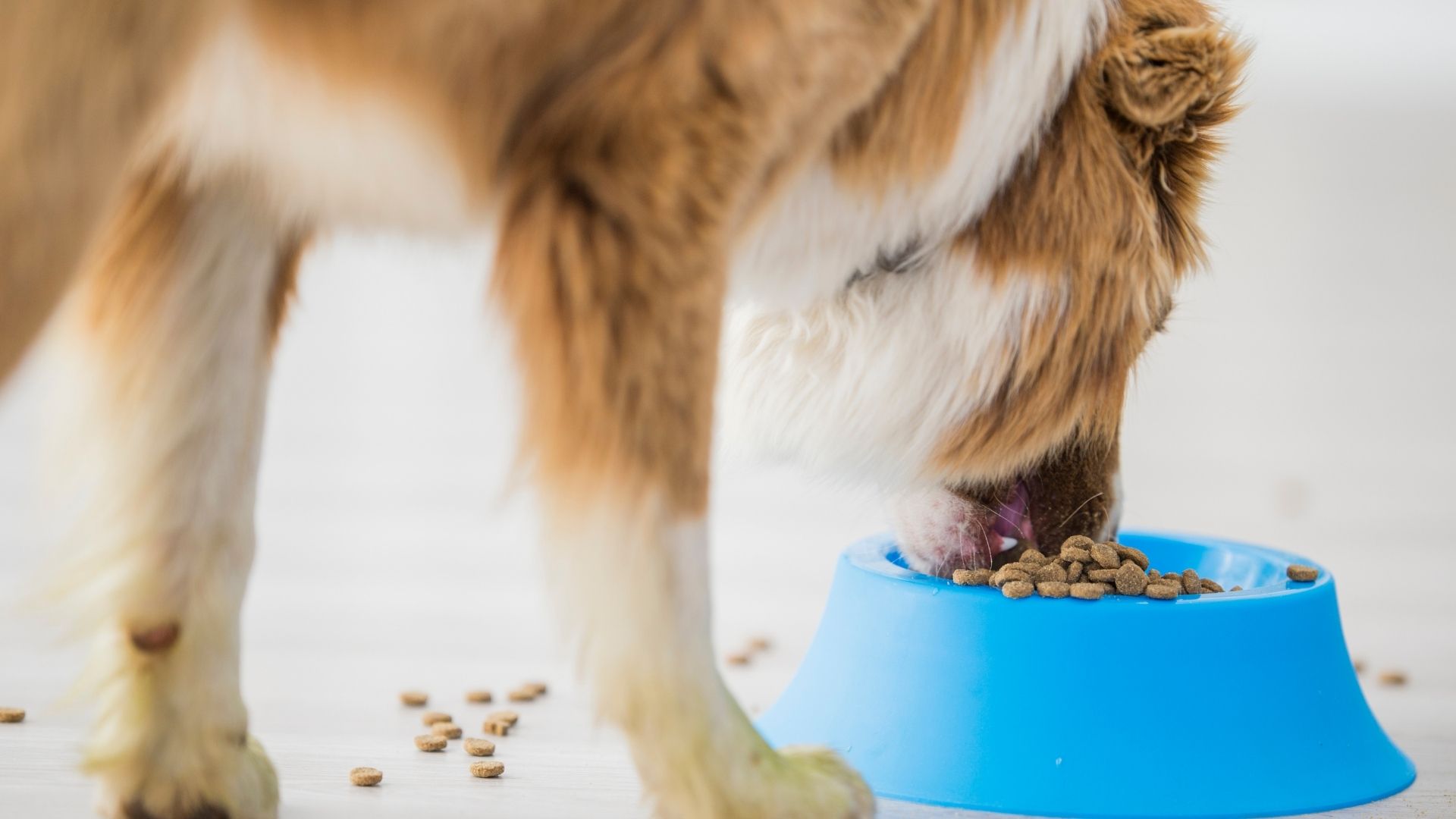
Toxic Food and Foods to Avoid Feeding your Dog
Many foods that we find delicious just aren’t good for dogs; here are some foods you should avoid feeding your dog.
- Alcohol
- Cooked bones
- Chocolate
- Coffee/Caffeine
- Excessive fat
- Green parts of tomato plants
- Grapes/Raisins
- Human vitamins and supplements
- Licorice
- Milk/Lactose
- Moldy food
- Onions, chives, and garlic
- Slug pellets
- Yeast
Shop Popular Dog Products
If you have more questions, reach out to our nearest petworld store or call us now

